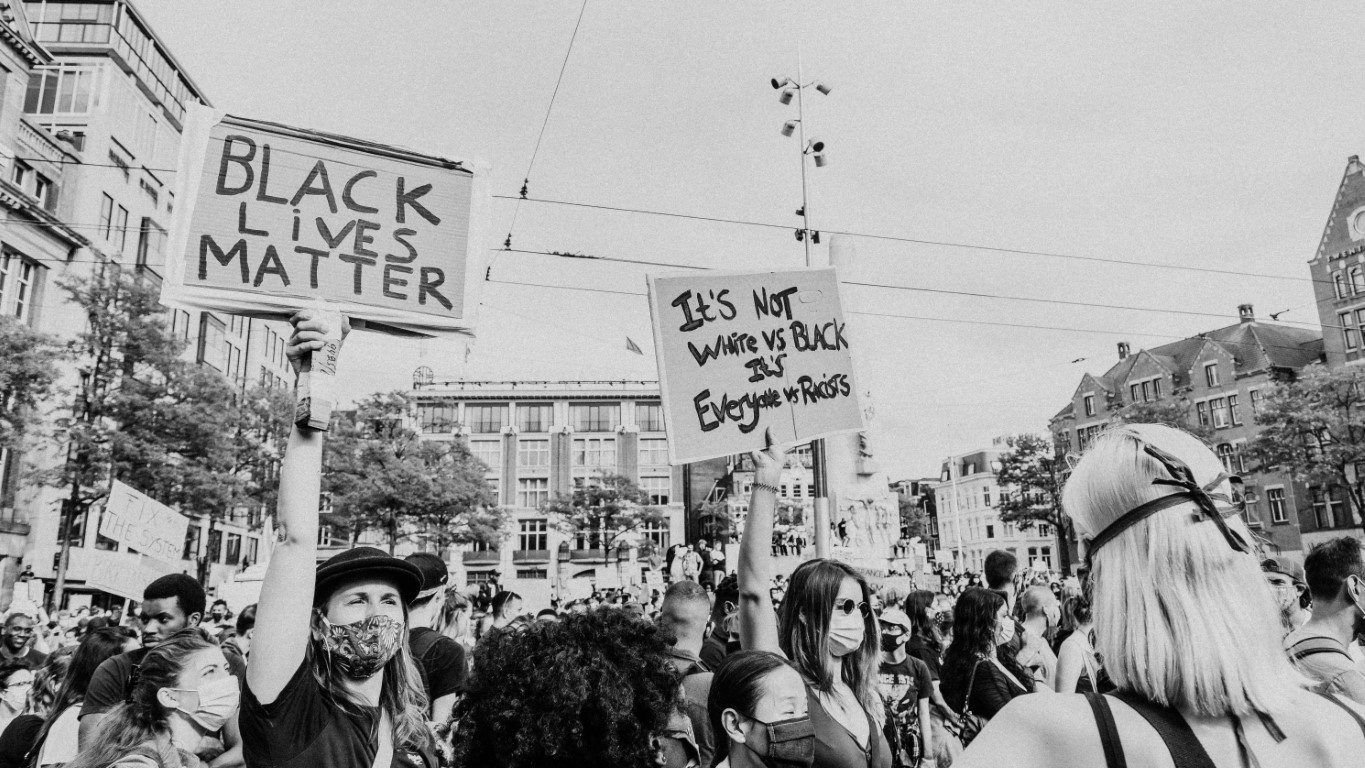
Do you hate your biases or is it people that you hate?
By Matthew Fraser, Opinions Editor
I am tempted to start with some sappy “we just need to listen” take on addressing ideas. However, I don’t think the problem was ever not listening. It seems that the problem was always putting our image of the other before what the other actually said. It seems that people are less concerned with what is actually said than they are with the impression they have of the person saying it.
All too often an idea is shot down because we assume that the only person who may or could hold that opinion is someone who is evil, misguided, or even “deplorable.” It’s much easier to reduce the holder of an idea to our most detested pattern and hate that person as we hate that template. And yet, we all cry out about our individuality; we all want to be characterized as diverse and distinct and complex. Would that we see each other in the same light as we see ourselves and those who agree with us at the moment.
Listening is irrelevant when you shape the words you receive into whatever boogieman you want to vanquish. Hating a bias you cling to and making someone else’s words fit the narrative that supports a bias is how we got to a world where “All Lives Matter” is a counter-protest cudgel and “Black Lives Matter” is seen as divisive and often uncontrolled. Making the other represent evil is the fastest way to remove them from the conversation; you can’t agree with them because they’re evil. To talk to them would be to give evil a platform; it’s only right to compare them to Hitler. It’s an image we all hate, and they fit for the sake of simplification.
Who needs to have a mature conversation and disagree with ideas rather than people? It can no longer be explained in subtle terms that good people can have bad ideas without those people becoming the ideas or the badness of the idea. In fact, some of the most intellectually motivating friendships you can have are with people whose ideas you disagree with vigourously. So long as the idea and the person do not become synonymous, you can put the conflict to the side and enjoy a cohort of friendships that can’t exist when everyone thinks the same.
But that’s hard work isn’t it? It’s much easier to create boxes, fill them with people who are accusable of holding an idea, and calling it quits at that point. The hard work necessary for hard conversations and the hard thinking necessary for better dialogue is just too much for too many. Better to hate your biases and be starved of ideas. Better to broad brush any and all of the other without critically approaching their ideas and motives. Empathy is only a blessing when it’s applied to people on your side.

